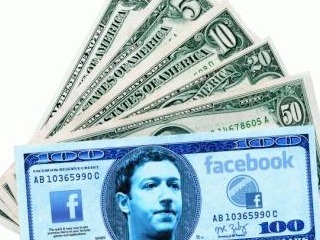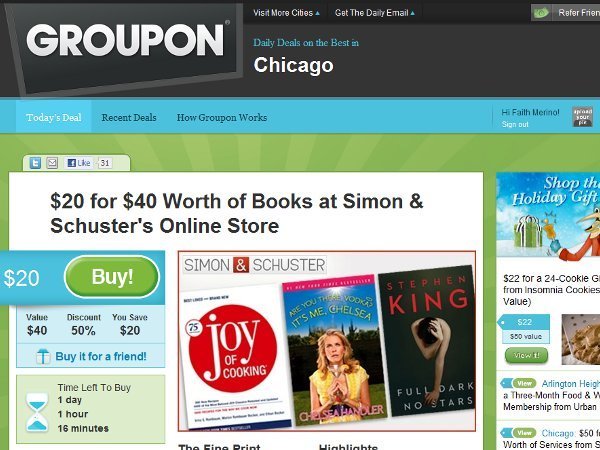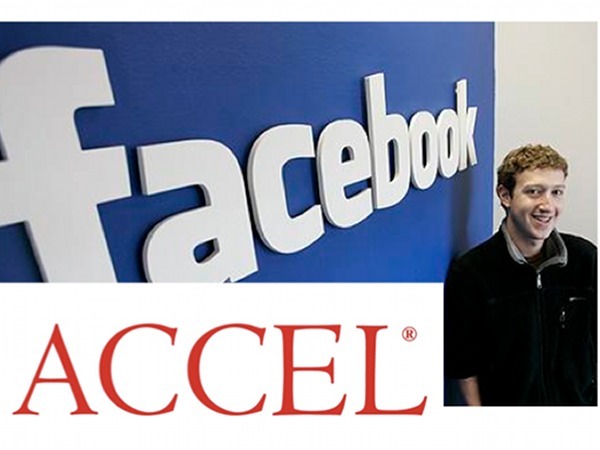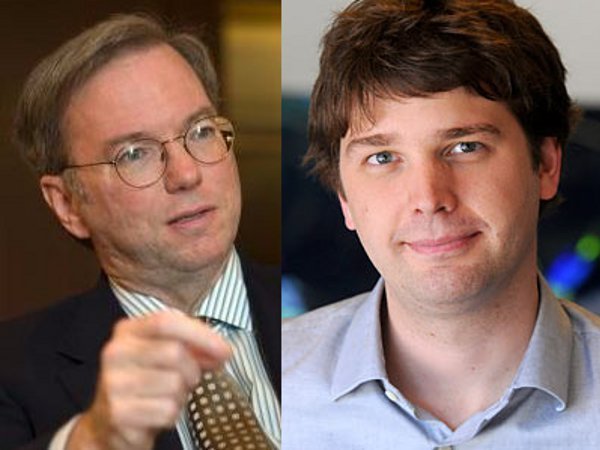 Barely a week after we reported on Facebook’s $35 billion valuation on the secondary market, then based on shares sold by Accel Partners, the social site’s value has skyrocketed to its absolute highest–$50 billion.
Barely a week after we reported on Facebook’s $35 billion valuation on the secondary market, then based on shares sold by Accel Partners, the social site’s value has skyrocketed to its absolute highest–$50 billion.
Most recently, $40 million in Facebook shares have been reshuffled in auctions on SecondMarket, leaving shares at $20.76 with 1.9 million shares traded. According to the report, 2.5 billion shares are left outstanding (taking into account the 5-1 stock split earlier this year), placing Facebook’s valuation at roughly $50 billion, the highest ever for the private company.
For the sake of comparison, Twitter, which once upon a time was seen as a potential major competitor to Facebook, was last rumored to be raising a new giant round of funding (possibly from Digital Sky Technologies) at a $3 billion valuation. Similarly, Groupon, a DST-funded company (reported to have already been purchased by Google for $2.5 billion), was reportedly looking for new funding at a $3 billion valuation. And the biggest business built on Facebook’s platform, Zynga (a DST-funded company), was last reported to be valued at $5 billion.
Neither of these companies come close in valuation to Facebook, though. Actually, it’s more fun to compare Facebook’s latest valuation to the market caps for the biggest and most successful publicly traded technology companies.
Already left in the dust a week ago was Yahoo, whose plummeting value over the past five years has it now sitting on a $21 billion market cap, less than half of Facebook’s current valuation. Facebook’s second market value of $50 billion puts it just past eBay, whose market cap is $39 billion right now.
Four obvious tech companies with higher market cap value are Amazon ($81 billion), Google ($186 billion), Microsoft ($217 billion) and Apple ($291 billion).
The difference between Facebook and these companies? Apple and Microsoft sell computers, Google sells search advertising and Amazon sells, well, everything. What does Facebook sell? The question of how the biggest social network in the world will start making money is not yet settled, neither by advertising nor by Credits, yet apparently many investors on the secondary market seem to have faith in the company’s ambitions.
Here’s the letter reportedly sent out to SecondMarket auction participants:
To All Facebook Market Participants:
Thank you for your feedback and participation in last week’s Facebook auction. As we had hoped, there was robust seller and buyer participation — the auction fully cleared at a per share price of $20.76. In addition, there was overwhelmingly positive feedback on the auction process. As a result, we will be continuing to conduct these auctions for the foreseeable future. For this week, the process will remain reasonably similar, with slight tweaks to the timeline. The reserve price for this week will be $20.60, the same as last week.
If you own shares that you are eligible to sell and wish to participate as a seller, please complete the attached Seller Information Sheet and submit it to SecondMarket at fb@secondmarket.com by tonight, Monday, November 29th, at midnight EST.
If you would like to participate as a buyer, please complete the attached Buyer Information Sheet and submit it to SecondMarket at fb@secondmarket.com by Wednesday, December 1st at 12:00 PM EST.
Please see below for more detailed results on last week’s auction and for this week’s auction calendar:
11/22-11/26 Auction Results:
Total Number of Shares Offered for Sale: 1,896,265
Number of Shares Cleared in Auction: 1,896,265
Reserve Price: $20.60
Clearing Price: $20.7611/29-12/3 Auction Timeline:
· Monday, November 29th at 10:00 AM EST – Auction process commences
· Monday, November 29th at 11:59 PM EST – Seller order forms due
· Tuesday, November 30th at 9:00 AM EST – Buyers informed of share quantity available
· Wednesday, December 1st at 12:00 PM EST – Buyer order forms due
· Wednesday, December 1st at 5:00 PM EST – Participants informed of auction results
· Wednesday, December 1st at 8:00 PM EST – Transaction documentation distributed to buyers and sellers
· Friday, December 3rd at 4:00 PM EST – Completed transaction documentation due from buyers and sellers
· Friday, December 3rd at 7:00 PM EST – Notice to be sent to Facebook, Inc.



















